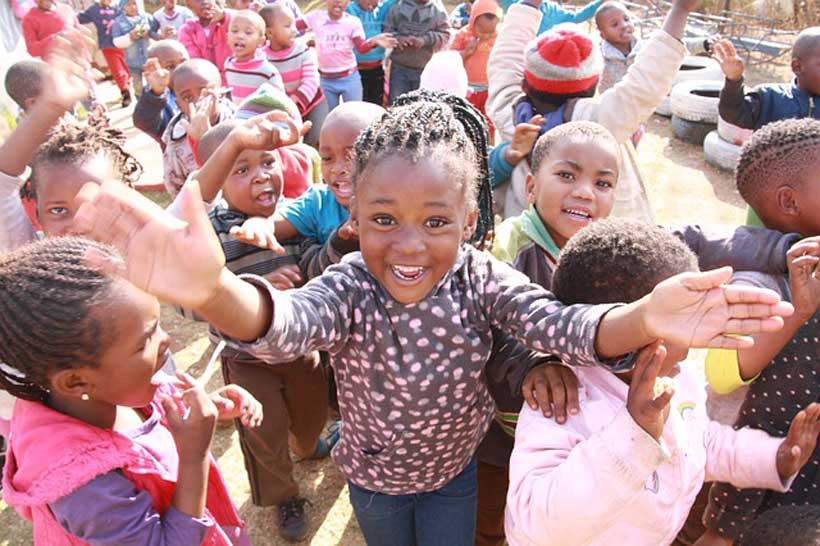Unions want R350 coronavirus support to become a permanent basic income grant for South Africa. Can it become permanent?
The Congress of South African Trade Unions (Cosatu) has welcomed the extension of government’s R350 unemployment grant, but says that the funding should be extended into a more permanent form of support.
In a national address on Wednesday evening (11 November), president Cyril Ramaphosa announced that the special Covid-19 grant will be extended for a further three months, until January 2021.
This will provide much-needed income to around six million people who are unemployed and do not receive any other form of government grant, the president said.
However, Cosatu said that this grant should be extended – echoing previous calls for a permanent basic income grant in South Africa.
“We welcome the extension of the R350 long term unemployment grant. But this should be extended beyond January and form the basis for a basic income grant,” the trade federation said.
The ANC has previously said that it will also look at the feasibility of introducing a basic income grant as part of a series of outcomes decided upon by its National Executive Committee (NEC).
According to a document seen by Bloomberg, the ANC proposes paying a R500 monthly grant to those aged 19 to 59 – who aren’t normally eligible for other aid – would cost the state R197.8 billion a year.
Between 50% and 60% of the money could be recouped by levying extra taxes on those with jobs, it said.
However, there are concerns that a permanent grant will have a significant impact on the country’s already strained fiscus.
Intellidex analyst Peter Attard Montalto said that debate around a basic income grant has been ongoing for around 20 years, and has even been a subject of previous research, which found it could reduce poverty in the country by as much as 75%.
However, the big problem is affordability, he said. Assuming the grant was R500 per month, as proposed by ANC policy makers, the maximum cost would be around R210 billion a year for the full age range, or starting at R77 billion for the narrower set of ages.




















